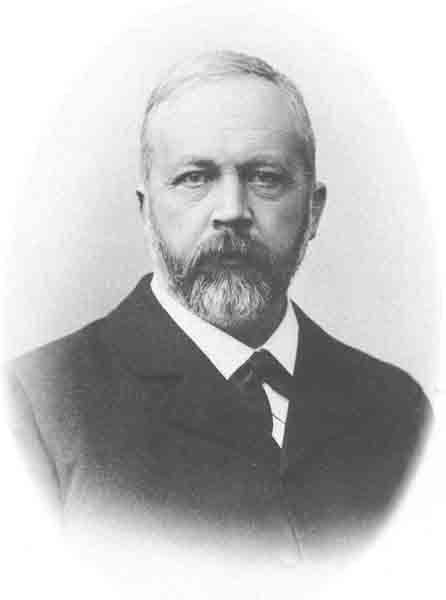Image Details

Julius Wellhausen (1844–1918). Among the most influential Biblical scholars of the past 250 years, Wellhausen synthesized the work of earlier critics in developing the documentary hypothesis. According to this theory, the Pentateuch was composed at different stages in Israel’s history by four different writers, indicated by the letters J (Yahwist or, in German, Jahwist), E (Elohist), P (Priestly code) and D (Deuteronomist). The stories of the patriarchs in Genesis, Wellhausen claimed, were composed in the first millennium B.C. at around the time of the Babylonian Exile (586 B.C.); they were then projected back in time as a foundation mythology, giving continuity and dignity to Israel’s past.
The issues raised by the documentary hypothesis have sparked much debate among Bible scholars, who variously deny or confirm the historicity of Biblical accounts. Author Kitchen argues that critics such as Wellhausen who dismiss Biblical stories as mere myths have led Biblical scholarship astray, blinding us to the historical information contained in such stories as the patriarchal narratives.
